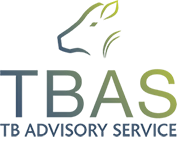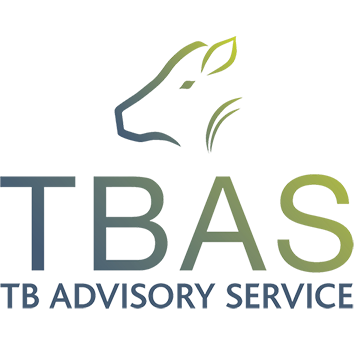Endorsements
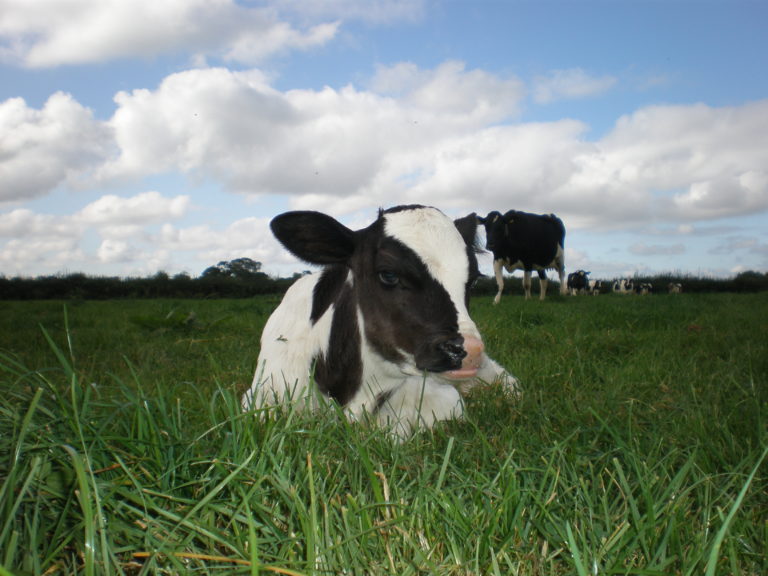
Dairy Farmer, Cornwall:
“The advice call was excellent, good practical advice.”
Suckler farm, Derbyshire:
“Sarah is actually our vet and I thought we had discussed a lot about TB, but the TBAS was invaluable. I had thought there was little I could do to reduce my risk of suffering a TB outbreak and it was not if I get shut down but when. Sarah’s advice has given some control back to me. For instance I do not buy many cattle from market; the odd calf if I lose one at calving to put on a cow, maybe a cow and calf if I think it is reasonably priced. Sarah showed me the ibTB website. I can have a look on my phone before or whilst at market to see whether the farm has had TB reactors in the last 5 years, and Sarah said, “the longer a herd has been clear of TB the better you can trust a TB test is really clear, and the less risky these cattle are” This will massively decrease my risk of buying in TB. We also discussed what impact being shut down with TB would have on my business. Although I would be able to finish my calves instead of selling them as weaned calves this would obviously have a cost alongside a decrease in cash flow. Sarah suggested as my TB test was in the autumn, over summer we could over buy forage and straw to avoid having to buy extra in winter should we get shut down. If we go clear we would be able to sell the surplus. Simple but effective, planning for the worst and hoping for the best!”
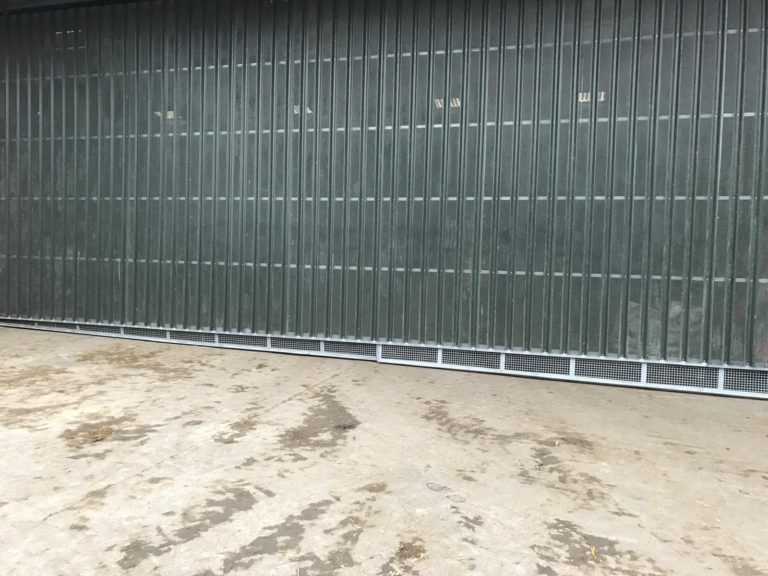
Louise Smith, Staffordshire:
“Our small pedigree herd, which was started in 2009, has a checs Elite health status. This is no mean feat, requiring annual testing, enhanced biosecurity, endless paperwork and a second mortgage to achieve. Whilst we can protect our animals against BVD, IBR, Leptospirosis and Johnes by a combination of vaccination, a closed herd, and carefully managing boundaries and watercourses, it is much harder to legally protect our herd against TB from wildlife incursion. Wild life is, well, wild! We are based on the Staffordshire border, and in a high risk area for TB. Badgers around here are plentiful, and there is a corresponding TB burden in the cattle population. As we are primarily producing animals for genetics, TB would be nothing short of disastrous. With no milk or beef to sell, income would be non-existent, and the compensation offered is totally inadequate for a cow with eight years of our hard work behind her. It seems imperative that we should make every attempt to prevent our herd from succumbing to TB. We heard about the TB Advisory Service online, and decided to book a free visit to see whether our plans for badger fencing were the correct way to go. The TB Advisory service consultant came out to visit, and quickly identified our biggest risk as being wildlife incursion. A quick tour of the buildings revealed plenty of cheap and easy solutions to ring fence the farm, locking out offending wildlife. We have no setts on our land, and had intended to dig badger fence into the boundaries of all our fields, adding electric fence for extra security. We were advised that digging fences was unnecessary, and that the electric fence, correctly installed, would be perfectly adequate to ensure our black and white friends held their party elsewhere. So, two hours over coffee and cake at the kitchen table has saved us hours of time installing costly fencing, and given us new impetus to move our herd health forward. We have been more fortunate than many; our latest tests were clear, and we intend to make sure it stays that way.”
Dairy Farmer, Somerset:
“We were in a rut of thinking that TB is inevitable. The TBAS visit helped us to realise that there are many things we can do to reduce our chances of getting TB.”
Gloucestershire dairy farmer:
“The advice helped me better understand the cattle movement risks and testing requirements”
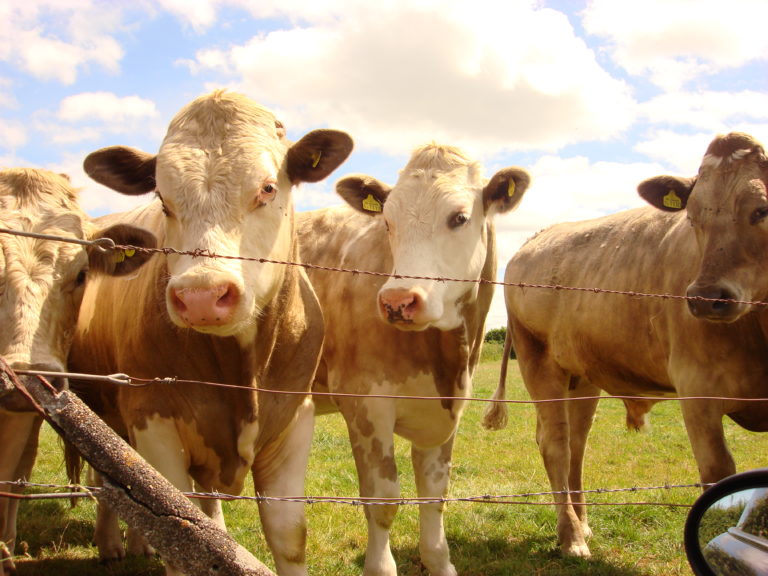
East Midlands Beef Producer:
“Our TBAS visit really quantified our farm’s bTB risk profile. It both highlighted issues we hadn’t previously considered and gave us a nudge to actually act on some we were already aware of. The TBAS visit isn’t a silver bullet to eliminate the risk to your herd, but it’s certainly one of the pieces in the biosecurity jigsaw to reduce the likelihood of breakdown. It was a very worthwhile investment of our time. With the help of TBAS we hope never to experience the blight of bTB”
Cheshire dairy farmer:
“While the advice won’t eliminate the risk of TB, I feel it’s my responsibility to take the simple and cost-effective actions to reduce the risk – every farmer should do the same”
Dairy Farmer – East Sussex:
“The consultant was very practical and suggested various strategies to overcome issues.”
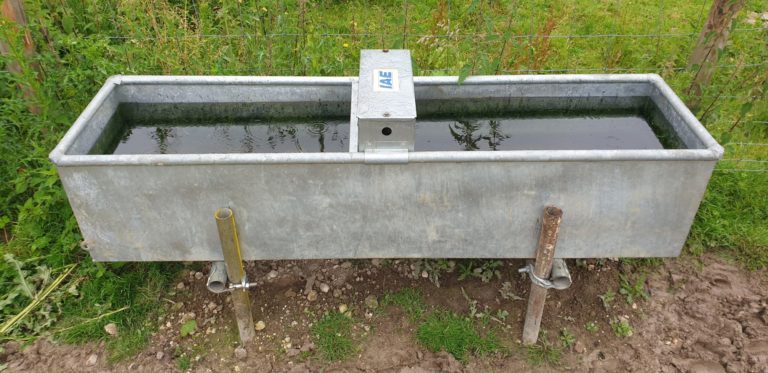
Suckler herd, Devon:
“I wasn’t sure what to expect at first, or how the consultant would be able to tell me anything different from what I already knew that I needed to do, or that I was doing already in regards to managing the TB risk on my farm. But I found it a very useful few hours as it was different from any advice that I had been given from the ministry and my local vet. As the consultant provided a fresh set of eyes, assessing across my whole farm and business set up, not only the buildings, fencing, bio security aspect, but also my trading practices and financial back up plans etc. They took the time to advise me on what was relevant to me and what could help to improve my situation using simple, practical recommendations, a lot of which are cheap and simple to implement, that I or my local vet simply had not thought of. I have already begun to implement a lot of this advice, as I feel that it will really help me to take control of the TB risk on my farm.”
Mr Jelley, Northants:
“I found the visit to be very useful and informative; it was interesting to have a new pair of eyes looking at the problems we face and offering practical advice on how to reduce our risks in the future. Our first experience with Tb lasted nearly 12 months and removed 20% of the breeding cows from our suckler herd. The feeling of helplessness as the outbreak progressed was worse than extra testing and we were left feeling as though there was no hope. The TBAS visit went some way to addressing this; we were visited by a farmer with first-hand experience of Tb and he was able to offer practical advice on ways to reduce our exposure to the disease in the future. A fresh look at our facilities and practices highlighted some opportunities for improvement; we also learnt a lot about the routes of transmission and disease behaviour. I no longer feel that the presence of Tb on the farm is inevitable and I feel more confident that we can work to reduce bought in risks as well as that from wildlife vectors too. “
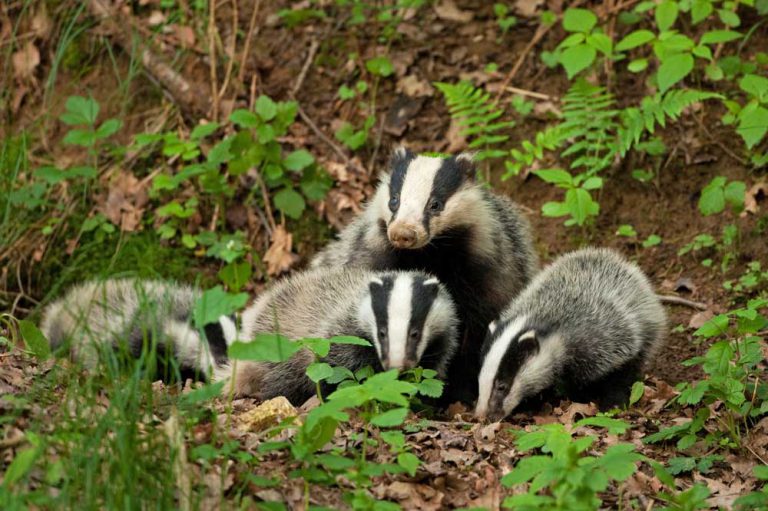
Mr Cotton, Somerset:
“A very useful visit, as a fresh pair of eyes always helps to give a different perspective. The main conclusion was that there are too many badgers in our area and we will do all we can to prevent them interacting with our animals which will then reduce the odds of our ongoing tb issues.”
Mr Blatchford, Somerset:
“The service and visit were completely free, quickly and easily arranged and was very helpful. The advisor was very knowledgeable and gave me some great information. He identified problems that I had not thought of and helped with solutions to these, and areas that I had already identified. This is a very useful service and I would recommend it to anyone.”
